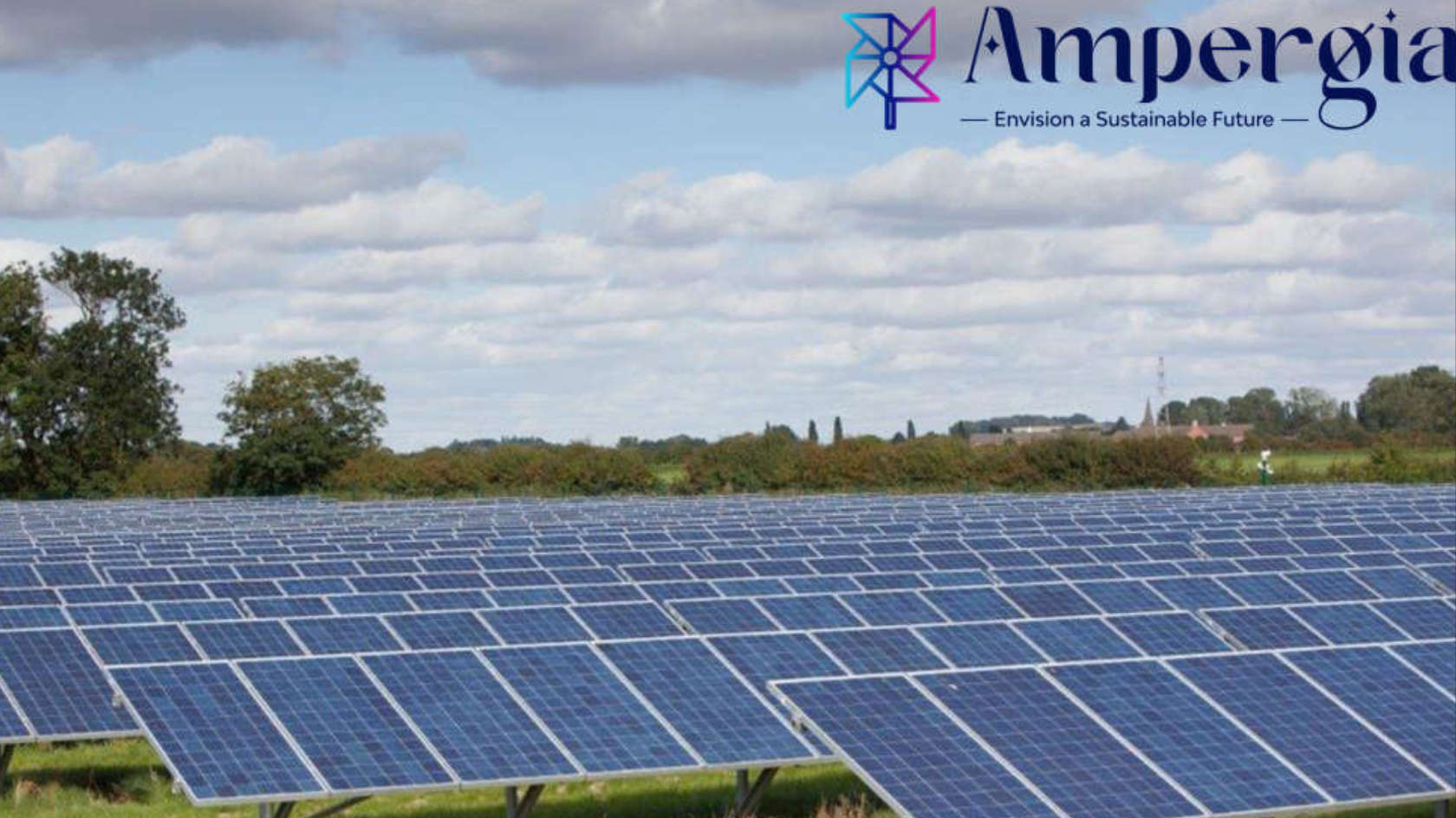
As the world shifts towards renewable energy, solar power is emerging as one of the most sustainable and efficient sources. Among various solar panel installations, ground-mounted solar panels are gaining popularity due to their versatility, scalability, and efficiency.
In this blog, we’ll explore what ground-mounted solar panels are, their benefits, and why they could be the right choice for your energy needs.
What Are Ground-Mounted Solar Panels?
Ground-mounted solar panels are installed directly on the ground using a mounting system, rather than being attached to a rooftop. These systems can be placed almost anywhere with sufficient open space and direct access to sunlight. They are ideal for residential, commercial, and utility-scale solar projects where rooftop installations might not be feasible.
There are two main types of ground-mounted solar systems:
-
Standard Ground-Mounted Systems: Fixed to the ground and remain at a specific tilt and orientation.
-
Solar Tracking Systems: These systems move to follow the sun throughout the day, maximizing energy capture.
Key Benefits of Ground-Mounted Solar Panels
1. Optimal Energy Output
Ground-mounted systems offer the flexibility to be installed at the perfect tilt and orientation to capture the maximum amount of sunlight. Unlike rooftop systems that must conform to the building's structure, ground-mounted panels can be placed in the most sunlight-efficient location.
2. Scalability for Larger Projects
For large properties or commercial spaces, ground-mounted solar panels provide greater scalability. They allow for a larger array of panels, making them ideal for projects with higher energy demands. Ground-mounted systems are a preferred choice for solar farms and industrial applications.
3. Less Structural Limitation
One of the major advantages of ground-mounted solar systems is that they don’t depend on the condition of your roof. If a rooftop lacks the space or structural integrity, ground-mounted systems can provide an effective alternative. This also means that the installation process is often more straightforward and can be completed without concern for roof angles or material issues.
4. Ease of Maintenance
Ground-mounted solar panels are easier to access for cleaning, maintenance, and repairs. Rooftop systems often require extra safety precautions and special equipment to access, while ground-mounted systems allow technicians to perform routine maintenance more efficiently.
5. Better Airflow for Higher Efficiency
Ground-mounted panels generally have better airflow underneath them compared to rooftop installations. This cooling effect can improve the efficiency of the solar panels, as excessive heat can reduce energy output in some systems.
Challenges of Ground-Mounted Solar Panels
While ground-mounted solar panels offer several advantages, they come with their own set of challenges:
-
Space Requirement: These systems require open land, which might not be available or affordable for everyone. They are better suited for properties with ample unused space.
-
Higher Installation Costs: The initial cost of ground-mounted solar systems can be higher than rooftop installations due to the need for additional materials, such as mounting racks and trenching for electrical wiring.
-
Zoning and Permitting: Depending on where you live, there may be specific zoning regulations or permits required for ground-mounted installations. It's important to research local policies before proceeding with a project.
Applications of Ground-Mounted Solar Panels
Ground-mounted solar panels are versatile and can be used in a variety of settings:
-
Residential Properties: Ideal for homeowners with larger yards, ground-mounted panels can power homes while leaving rooftops untouched.
-
Commercial and Industrial Sites: Businesses can take advantage of unused land or parking lots to generate renewable energy on-site, lowering their operational costs.
-
Solar Farms: Large-scale solar farms use ground-mounted systems to generate electricity for utilities or communities, contributing to the wider renewable energy grid.
-
Agricultural Uses: Ground-mounted panels can be installed on farmlands, allowing farmers to generate income from otherwise unused land while reducing their electricity bills.
Conclusion: Is Ground-Mounted Solar Right for You?
Ground-mounted solar panels offer an efficient, flexible, and scalable solution for generating solar power. Whether you’re a homeowner with a large yard, a business owner with unused land, or planning a large-scale solar farm, this type of solar installation can help you tap into the power of the sun.
However, it’s important to weigh the space requirements, potential costs, and local regulations before deciding if ground-mounted solar panels are the right fit for your energy goals.
By investing in ground-mounted solar panels, you’re not just reducing your carbon footprint, but also positioning yourself for long-term energy savings and sustainability
To discuss further, please visit https://ampergia.com/ or email info@ampergia.com.














